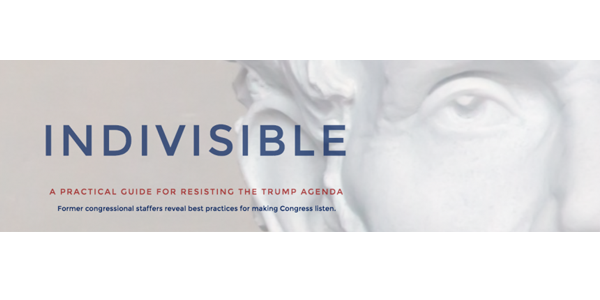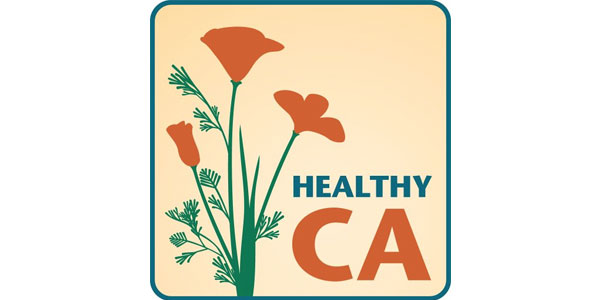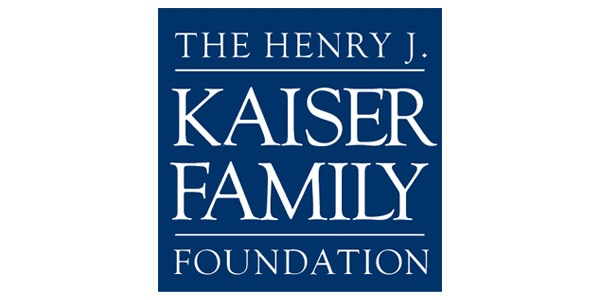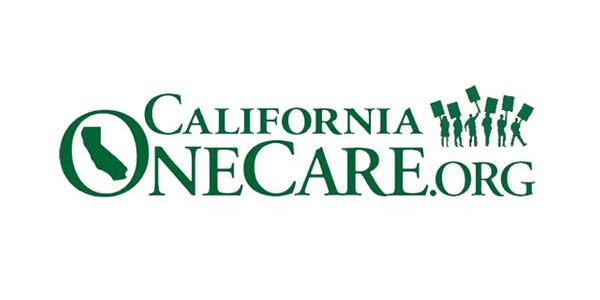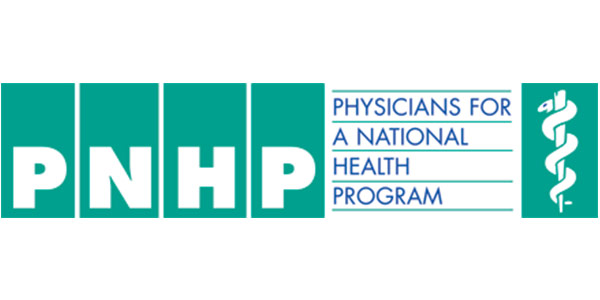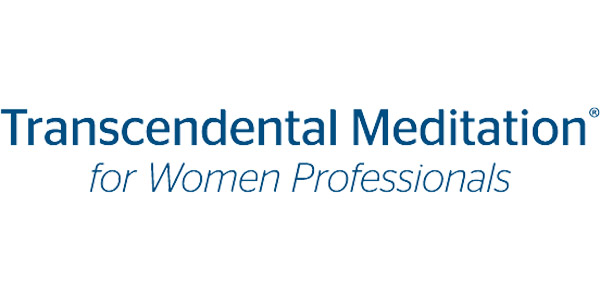Nurses Heal Thyself: A Culture of Silence
 When Shelli was a new scrub nurse with only six months experience, she failed to anticipate that the surgeon would need a particular scalpel. Immediately, her preceptor deftly slapped the correct blade into the impatient surgeon’s outstretched hand with a glare in Shelli’s direction. The surgeon said nothing, but a look of disappointment briefly flashed across his face. At that moment, Shelli learned that if she was not on top of the surgeon’s needs, she would end up feeling embarrassed and looking incompetent. Shelli did not find this information in her orientation manual.
When Shelli was a new scrub nurse with only six months experience, she failed to anticipate that the surgeon would need a particular scalpel. Immediately, her preceptor deftly slapped the correct blade into the impatient surgeon’s outstretched hand with a glare in Shelli’s direction. The surgeon said nothing, but a look of disappointment briefly flashed across his face. At that moment, Shelli learned that if she was not on top of the surgeon’s needs, she would end up feeling embarrassed and looking incompetent. Shelli did not find this information in her orientation manual.
We learn these unspoken rules very quickly in order to survive. We know which physician not to ever call in the middle of the night, which nurse talks about us behind our back when we ask a question, and whether we should even bother to write up an incident report or approach a coworker with a concern we have about ‘their’ patient. This knowledge is vital to our survival because it determines whether or not we will be accepted by the group.
It’s called culture. Human beings rarely, if ever, succeed at accurately perceiving their own culture. Anthropologists say, “It’s like a fish talking about water. It’s the last thing the fish ‘sees’ because it constantly surrounds him.” Yet nothing is more powerful than this unseen force. So deeply entrenched is culture that no one talks about it: the unspoken rules and behaviors (called ‘norms’) are never written down, and yet everyone knows them. We learn these norms the hard way by the process of assimilation – like Shelli’s story above.
When individuals merge and form a group, there are always things they can do, things they must do and things they can never do. For example, healthcare workers do not typically share their feelings in high-tech, high-pressure environments because feelings are perceived by the general culture to be ‘soft stuff’. Ironically, this belief couldn’t be further from the truth. Feelings not only matter, but are conveyed unconsciously because 93% of all communication is non-verbal. In a study of collaboration among residents, nurses and physicians the single most important factor to producing positive collaborative outcomes turned out to be affect – our bodies consistently express what we feel (McGrail). For example, think of your own workplace. Is there someone you work with who you think doesn’t like you?
They don’t.
The feeling you are getting that someone doesn’t like you –even if they’ve never said anything- is dead on correct. Herein lays the problem and the biggest contributor to nurse to nurse hostility – a culture of silence. We don’t check out the intended message in the non-verbal interaction. Nurses rarely if ever confront each other because their main style of communication is passive-aggressive and nurses are known to be conflict avoidant. When over 4,000 nurses were asked why they don’t speak their truth, the answers were consistent (Bartholomew):
- Fear of retaliation: someone refusing to help me, a bad assignment, denied a vacation day, a bad schedule
- Fear of hurting someone else’s feelings or making the situation worse
- Why bother? Nothing is going to change anyway
- Fear of isolation, rejection, gossip
- They’ll turn it around and it will be my fault; it’s not worth it.
First, we have to admit that having some conversations requires courage – especially if the conversation should have happened a long time ago. And then, we need to learn a new communication model – like the “Juice Pull Conversations” -which allows us to confidently speak our truth. Remember starting your first IV? Remember the nervous fear of hurting someone unnecessarily, of puncturing the vein? But after starting a hundred IV’s, you feel skilled and competent. The same is true for the skill of engaging in difficult conversations – the first one is always the hardest. But the damage of not having the conversation is far worse – like gangrene for our profession because we don’t sense the urgency or see the damage.
This is what Ghandi meant when he said, “You must be the change you want to see in the world”. We could complain for years about staffing grids, missed meals or stressful work conditions. Or we could start a tsunami of change for our profession and our patients. If every nurse spoke their truth, we would heal ourselves; and thereby become a blazing beacon of healing for a wounded world.
Bibliography
Bartholomew, K and Nance, J. The Silent Treatment. OR Connection
Bartholomew, K. Breaking Our Cultural Chains. OR Connection
Bartholomew, K. The Silent Treatment. OR Connection
McGrail, KA, Morse, DS, Glessner, T, Gardner, K. (2009). What is found there: qualitative analysis of physician-nurse collaboration stories. Journal of Gen Internal Medicine. Feb 24(2): 198-204.
![]() This article was shared with us by NurseTogether.com.
This article was shared with us by NurseTogether.com.
Based in Charlotte, NC, NurseTogether.com is one of the fastest-growing, free online professional communities for nurses. Specializing in unique nursing lifestyle, career and professional development information, NurseTogether.com’s mission is to empower the nursing community through top-quality original content from experts, interactive web-based social media tools, and value-added services through key strategic partnerships in a variety of nursing and lifestyle disciplines.



